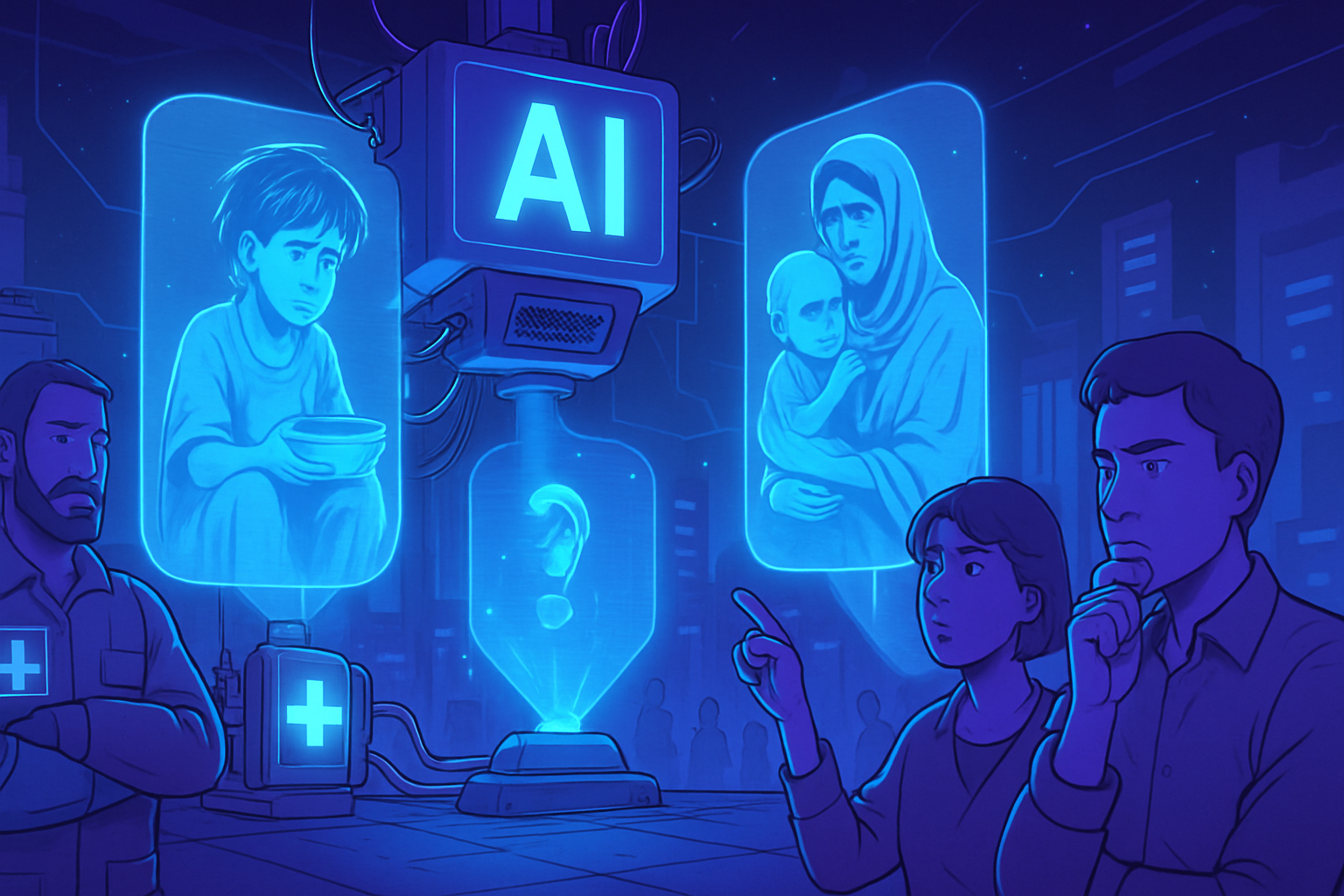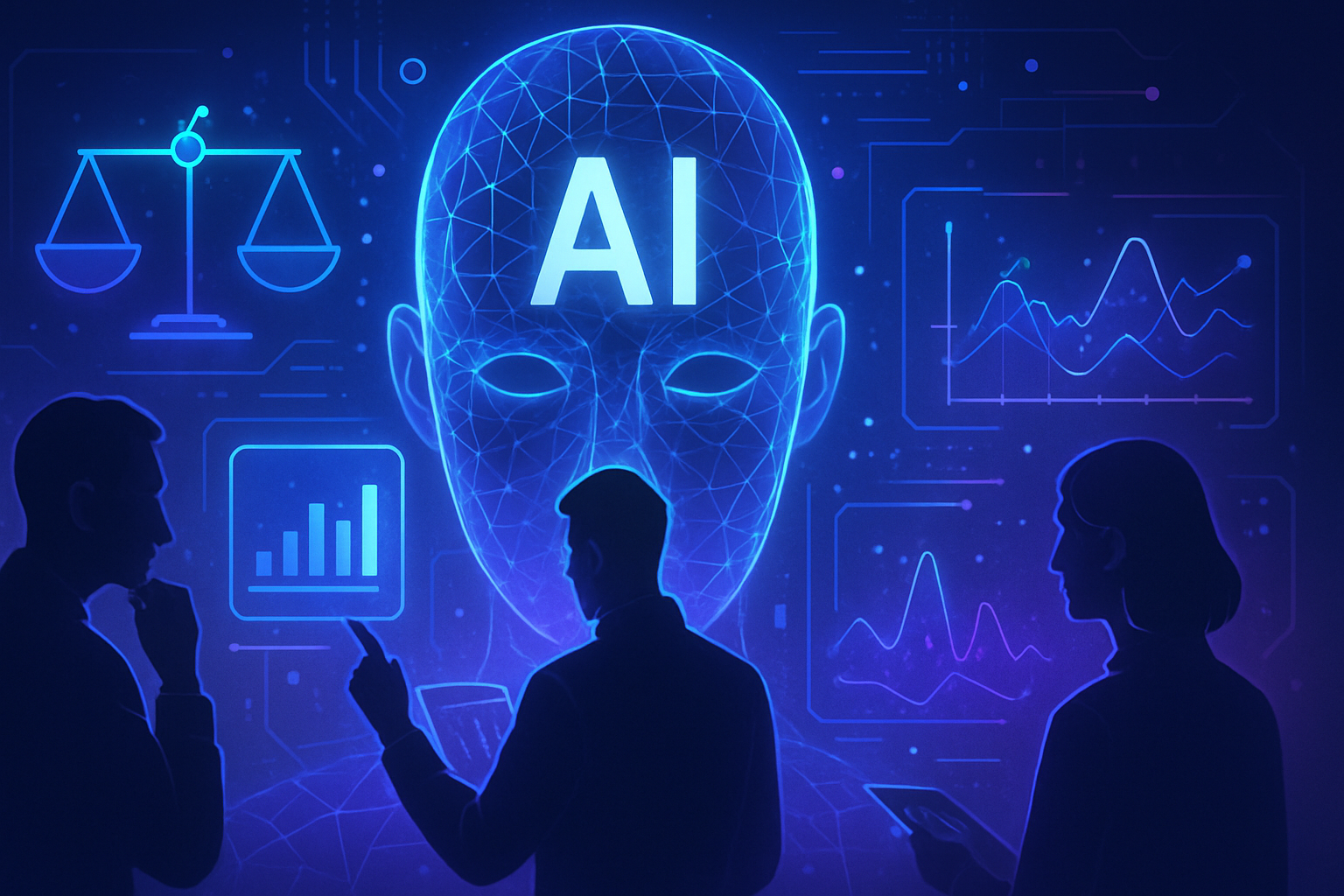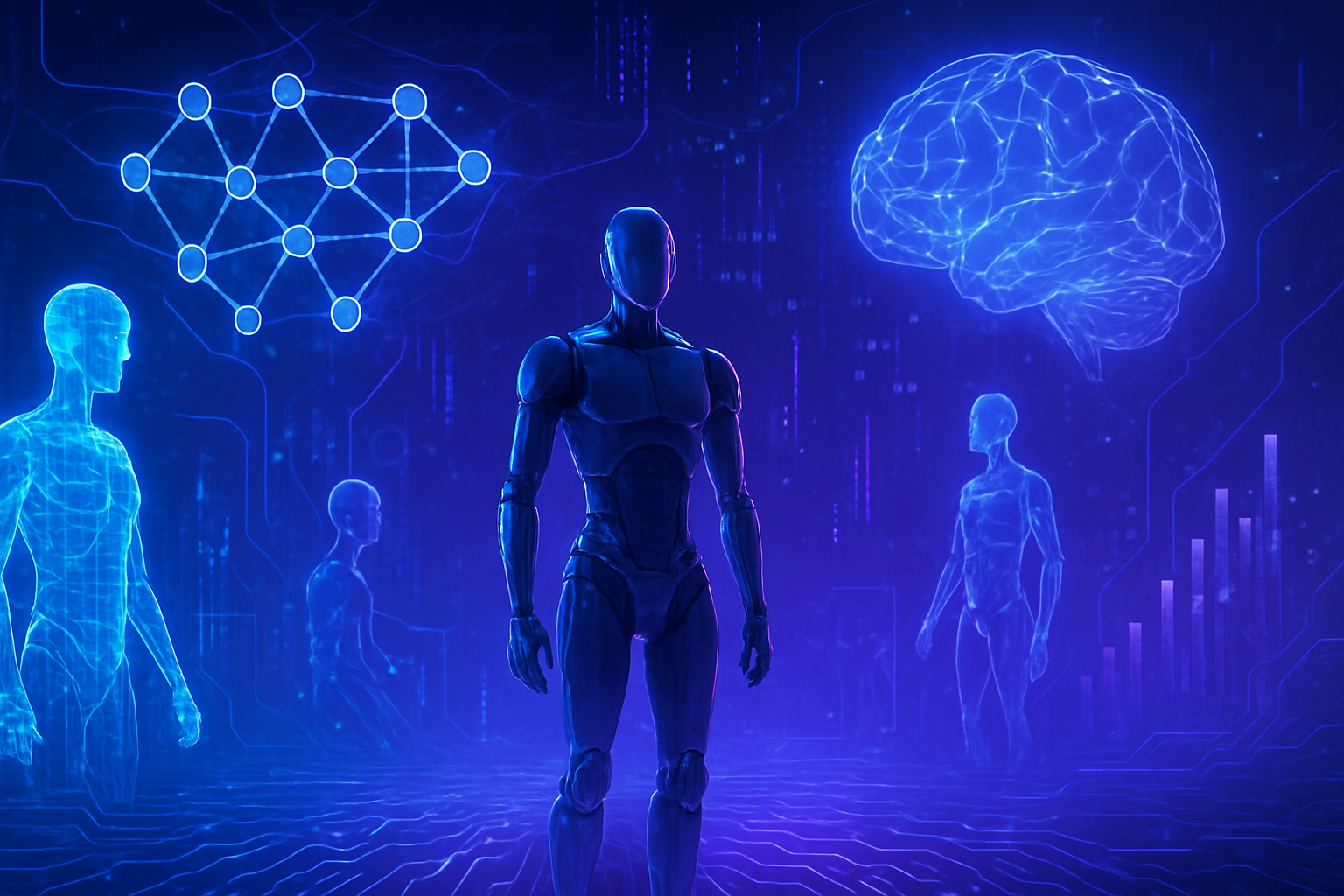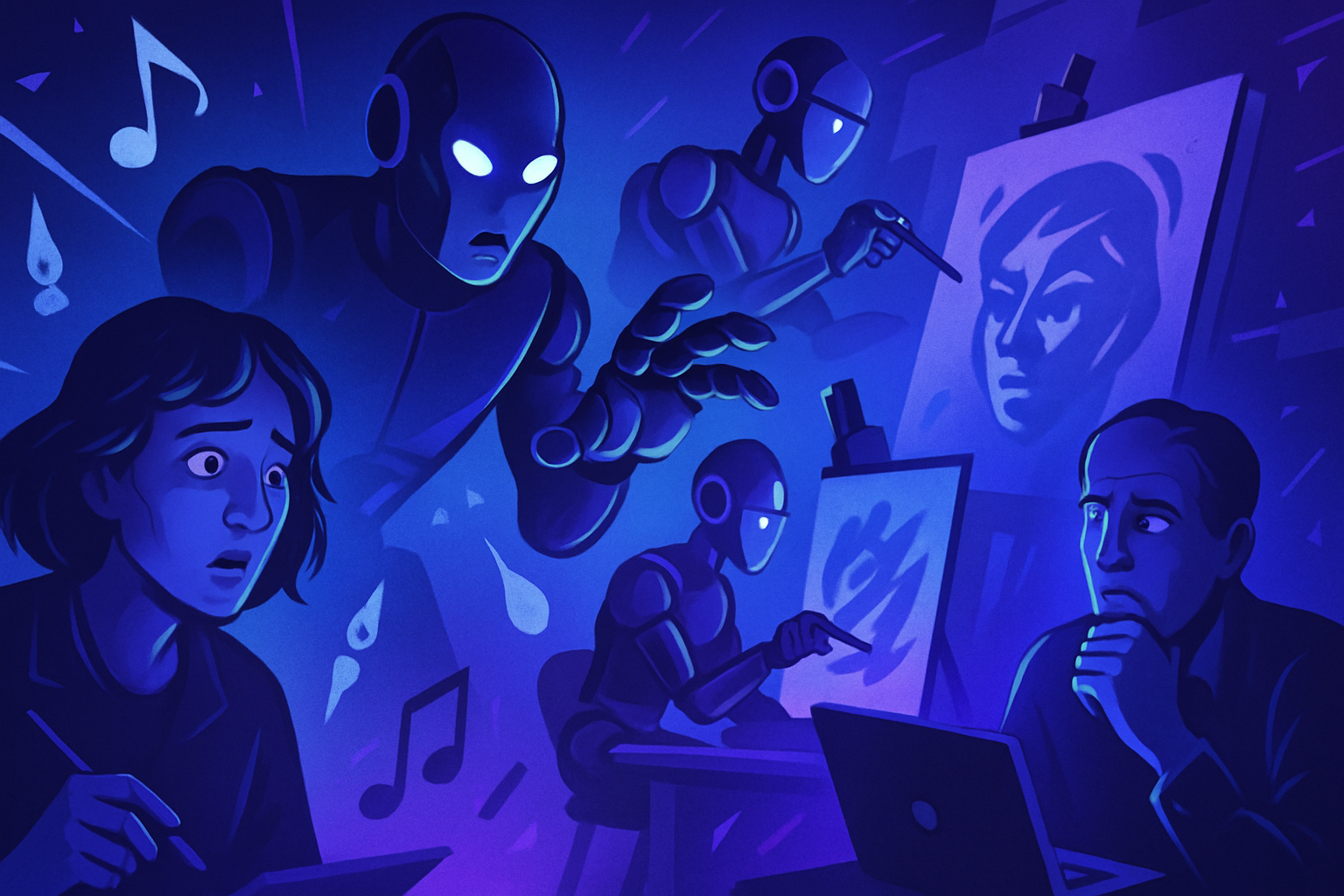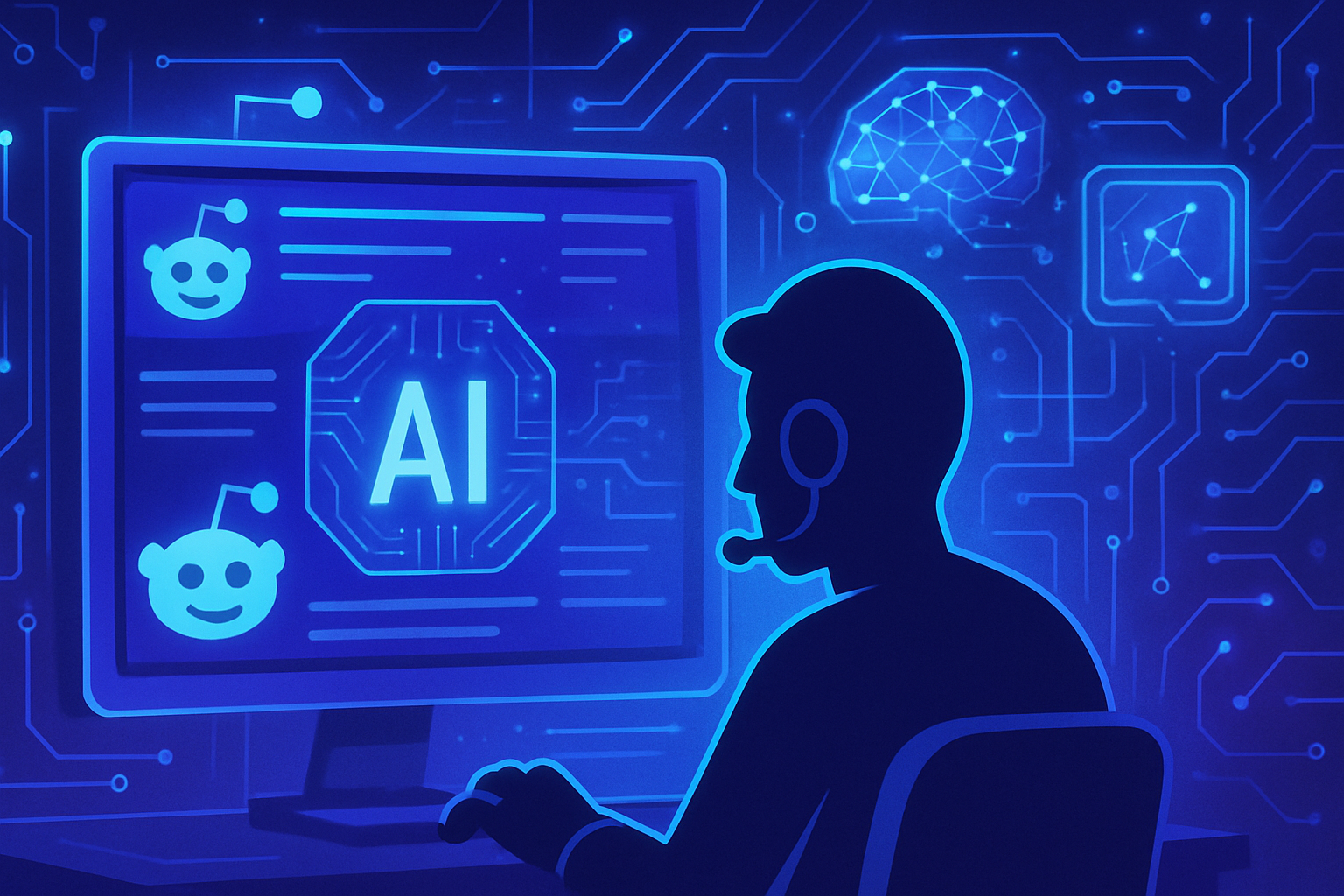OpenAI, witness to the multiple critiques regarding its strategic choices, remains resolute in preserving its non-profit mission. The decision to maintain this status, in the face of financial and legal challenges, illustrates a deep commitment to beneficial artificial intelligence for humanity. This choice, _distancing itself from the pursuit of immediate profits_, is part of a long-term vision for the future of AI. Internal tensions and external pressures have not altered OpenAI’s determination to pursue a model distinct from its for-profit competitors.
OpenAI maintains its non-profit status
On May 5, 2025, OpenAI made the decision to remain a non-profit organization, thus distancing itself from its plan to transform into a for-profit company. This announcement follows months of pressure from civil society, regulators, and former co-founders. This retention of the original structure responds to growing expectations regarding ethics and responsibility in the development of artificial intelligence.
Context of the model change
OpenAI was founded in 2015 as a non-profit entity committed to developing beneficial artificial intelligence for humanity. In 2019, a hybrid structure was established to attract essential investments for advancing research. However, this for-profit company was still under the control of the non-profit entity.
To attract $40 billion in investments in April 2025, OpenAI had considered a change of status. Some investors, such as SoftBank, had conditioned their contributions on the adoption of this new model. If the transformation was not implemented, the promised amounts could be significantly reduced.
Reactions to critiques and pressures
Sam Altman, CEO of OpenAI, stated that the decision to maintain the non-profit model arises from a process of listening to influential voices within civil society. This message, addressed to the staff, emphasizes the importance of acting cautiously in the face of the criticisms that the company has received. The decision was also motivated by discussions with the offices of the Attorneys General of Delaware and California.
Bret Taylor, chairman of the board, confirmed that this decision resulted from constructive discussions with judicial authorities. Internal tensions regarding governance had already been observed, especially during Sam Altman’s temporary dismissal at the end of 2023, which revealed divisions within the organization.
Legal challenges and external critiques
Legal challenges continue to weigh on OpenAI, partly fueled by critiques from Elon Musk, co-founder of the organization. Musk has expressed his disagreement regarding the company’s evolution, stating that the original mission has been altered. He has initiated several legal actions and proposed buying the non-profit stake for $100 billion, which was rejected.
A trial scheduled for the fall could clarify some disputes. The tension, partly related to Microsoft’s governance, which holds 49% of the commercial structure, raises questions about the real power exercised by the tech giant.
A distinct model in the AI ecosystem
By maintaining its non-profit status, OpenAI clearly distinguishes itself from other tech companies, such as Google and Meta, which adopt the classic for-profit model. This differentiation highlights a more ethical approach to the research and deployment of artificial intelligence.
OpenAI’s decision to abandon the rule of capped dividends at one hundred times the initial investment aims to partially satisfy investors while preserving control by the parent structure. The organization faces challenges but remains determined to navigate a rapidly evolving technological landscape.
Frequently asked questions about OpenAI and its non-profit mission
Why did OpenAI decide to remain a non-profit organization?
OpenAI chose to maintain its non-profit status after considering critiques from various actors in civil society and regulators, reaffirming its commitment to beneficial artificial intelligence for humanity.
What impacts does OpenAI’s decision to abandon its for-profit project have on its investors?
This decision has significant implications for investors, particularly those who conditioned their funding on a change of status. For instance, a potential reduction of investment from $40 billion to $20 billion could occur.
How does maintaining OpenAI’s non-profit status affect its business model?
OpenAI is modifying certain aspects of its business model, such as ending the capped dividend rule, allowing it to meet investor expectations while maintaining control of the non-profit entity.
What is Sam Altman’s position on the decision to remain non-profit?
Sam Altman stated that this decision is the result of constructive dialogue and careful listening to civil society’s concerns, highlighting the importance of ethics in the development of AI.
What critiques led to OpenAI’s decision not to change its status?
The critiques came from civil society actors and regulators, who expressed concerns regarding the ethical implications of a transition to a for-profit status, particularly if it involves monetizing advancements in AI.
Are there ongoing legal projects related to this decision by OpenAI?
Yes, several legal actions are ongoing, including lawsuits initiated by Elon Musk, challenging the organization’s developments and proposing buyout solutions.
How does OpenAI’s non-profit status distinguish it from other tech companies in the AI field?
This distinguishes OpenAI from giants like Google or Meta, which operate as for-profit companies, opting for a social mission centered on community benefit rather than maximizing financial profit.
What consequences might this choice of status have on the future development of OpenAI’s projects?
This choice could direct OpenAI’s development towards projects that prioritize societal benefits over financial returns, thus fostering ethical innovations in the AI sector.

